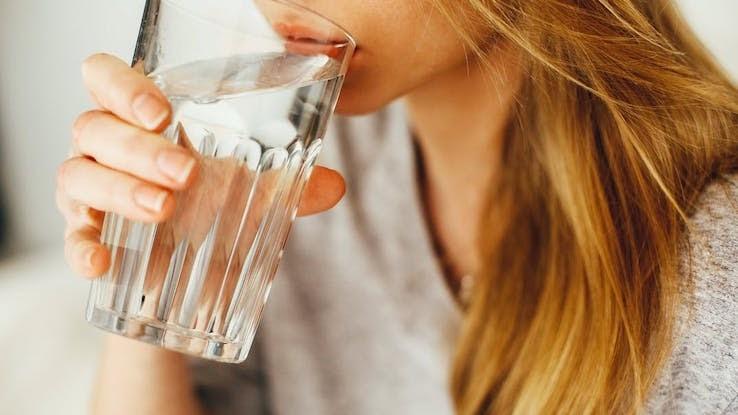
If you are addicted to alcohol or drink it regularly and feel like it’s causing uncomfortable issues, you may decide it’s time to cut it out of your life. Alcohol misuse or addiction can lead you to develop poor health, poor hygiene, problems at work or school, issues with your relationships, lack of control over your decisions, financial problems and other situations that can complicate your life.
You may also know that cutting back or quitting alcohol consumption can lead to withdrawal symptoms that can range in severity from mild to serious. The period of time while you’re withdrawing is known as detox. In order to detox safely, you need to understand more about the symptoms, what your options are and how long it takes to get through the process.
What Are the Symptoms of Alcohol Withdrawal?
Because of the way alcohol affects your central nervous system, detox can lead to a variety of symptoms that aren’t always easy to handle on your own. Some symptoms may be severe, while others may be mild. Understanding how detox will affect your body can help you make decisions about how to stop drinking safely.

Mild symptoms may include anxiety, shaky hands, tremors, sweating, headaches, nausea, vomiting and trouble sleeping. More serious withdrawal symptoms might include a rapid heartbeat, mental confusion, high blood pressure, fever, dehydration, hallucinations, paranoia and seizures. If you experience the more severe symptoms, it’s important to call 911 or get to an emergency room as soon as possible.
How Long Does Detoxing Take?
It’s also important to understand how long detox could last. For some people, it only takes a few days, but the length of time you’ve been drinking, the amount you drink regularly and whether or not you’ve gone through detox before can extend the timeline.

On average, mild withdrawal symptoms begin within six hours of your last drink. Mental symptoms, like hallucinations, may begin within the first 24 hours, and mild physical symptoms usually peak between 24 and 48 hours after your last drink. More severe cases usually peak around 72 hours. In many cases, symptoms start to fade after four or five days.
Detoxing Safely at Home
Detoxing can be a challenging process, and you can decide whether you want to do it at home or at an inpatient rehabilitation center. The longer you’ve been drinking, the more you’ve been drinking, the more serious your addiction to alcohol is and the more underlying health conditions you have, the safer you are detoxing at a rehab facility. If you only expect to have minor problems, you might safely detox at home. Make sure you talk to your doctor first so they can guide you through the process and so they’re aware of your plans.

Some experts recommend tapering off your alcohol consumption to reduce the severity of symptoms. However, this can be difficult for people who live with an addiction. Whatever you decide, your home should become a supportive environment for the duration of your detox.
You may want to go through the process in a quiet, private place with soft lighting. Sometimes it helps to have limited interactions with other people, but ask those who live in your home to maintain a positive, supportive outlook during their interactions with you.
It’s also essential to have access to plenty of fluids, like water and drinks with electrolytes, so you don’t become dehydrated. A lukewarm shower may be helpful, and breathing exercises and meditation can also help you manage your symptoms.
Detoxing in a Rehabilitation Center
If you feel like you may have severe withdrawal symptoms during your detox, or you have underlying health conditions or have had complications with detoxing in the past, you may want to consider checking into an inpatient rehabilitation facility. You’ll live at this type of facility while you detox and attend classes and therapy to work through your addiction.

Rehab is also ideal if you don’t have a supportive or safe home environment. A rehab facility provides you with 24-hour access to medical professionals, peer support from people who are experiencing the same thing you are, therapy, a safe environment and access to programs after you finish your detox. You also won’t have access to alcohol, which lessens your chances of relapsing when you start experiencing uncomfortable symptoms during withdrawal.
Supporting Your Progress With After-Detox Lifestyle Changes
After detox, you may decide to make some lifestyle changes to ensure you don’t start drinking again. Some people find new meaning for their life by picking up a new hobby or helping others by volunteering. You may also decide to adopt healthier habits, like eating well-balanced meals and adding exercise to your routine. Taking good care of yourself will help you feel better and replenish nutrients your body lost when you drank alcohol.

If you’re going through rehab because you live with addiction or you misuse alcohol, you’ll likely want to seek aftercare treatment as well. Once you leave an inpatient rehab facility, you might decide to participate in outpatient rehab or therapy sessions to maintain and reinforce the progress you made in your inpatient stay.





